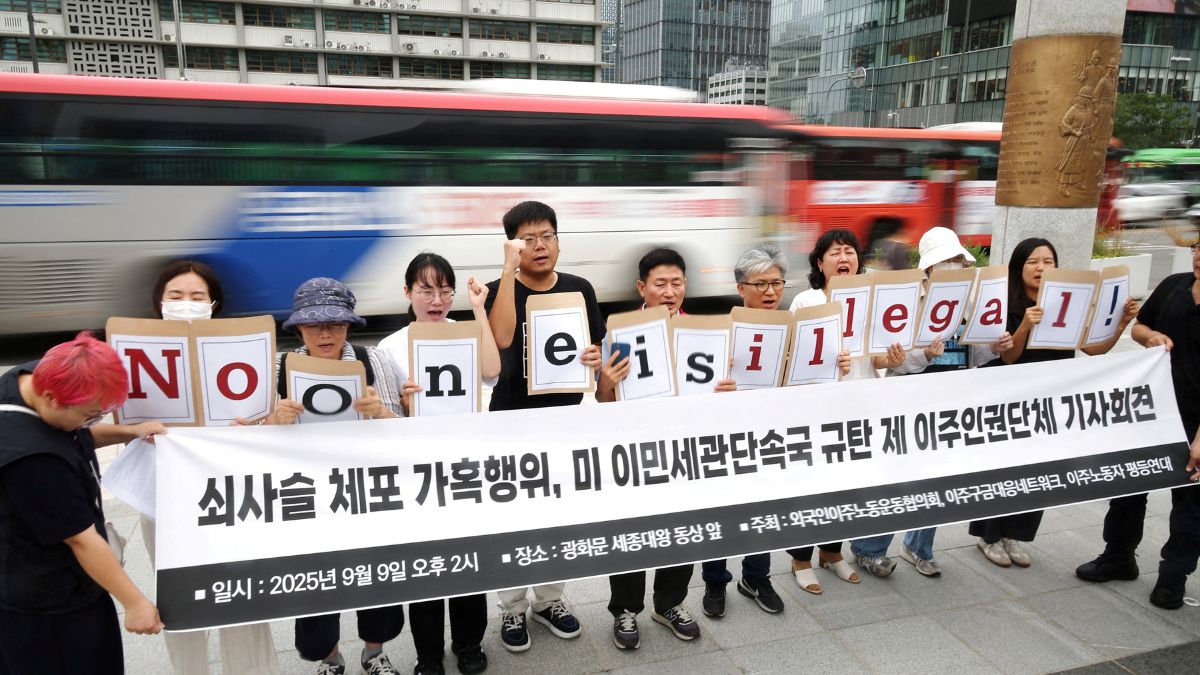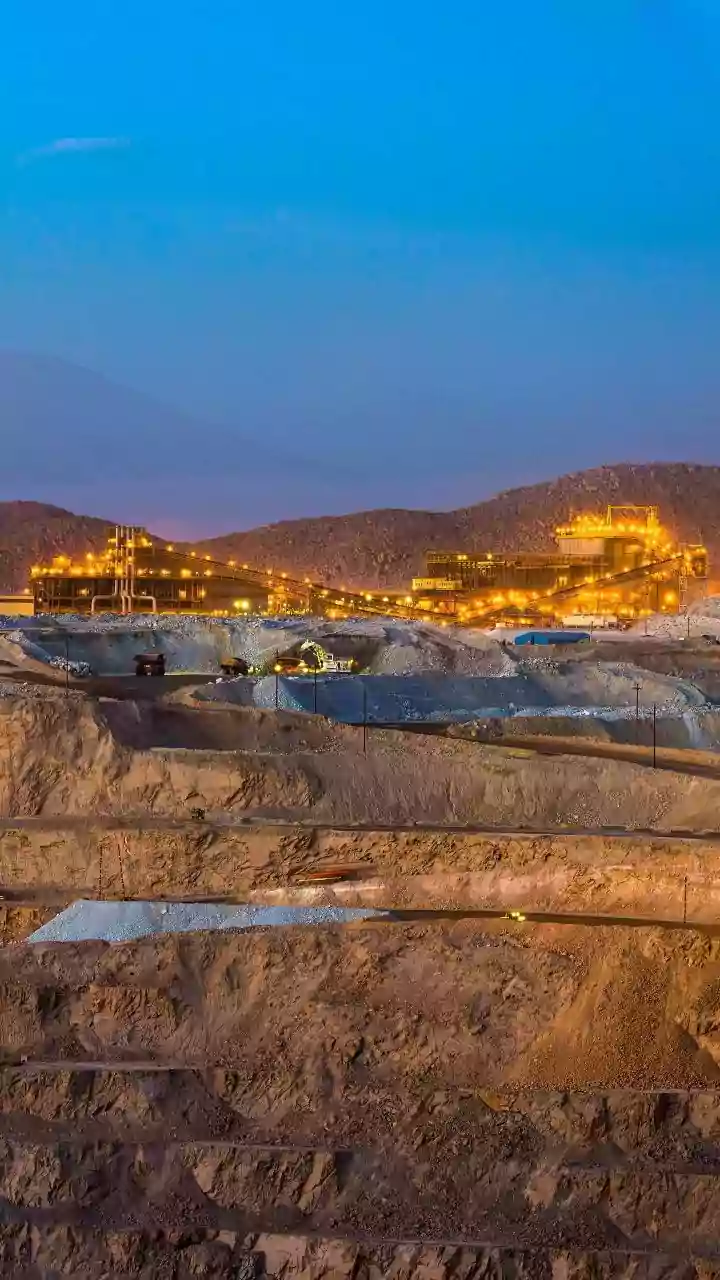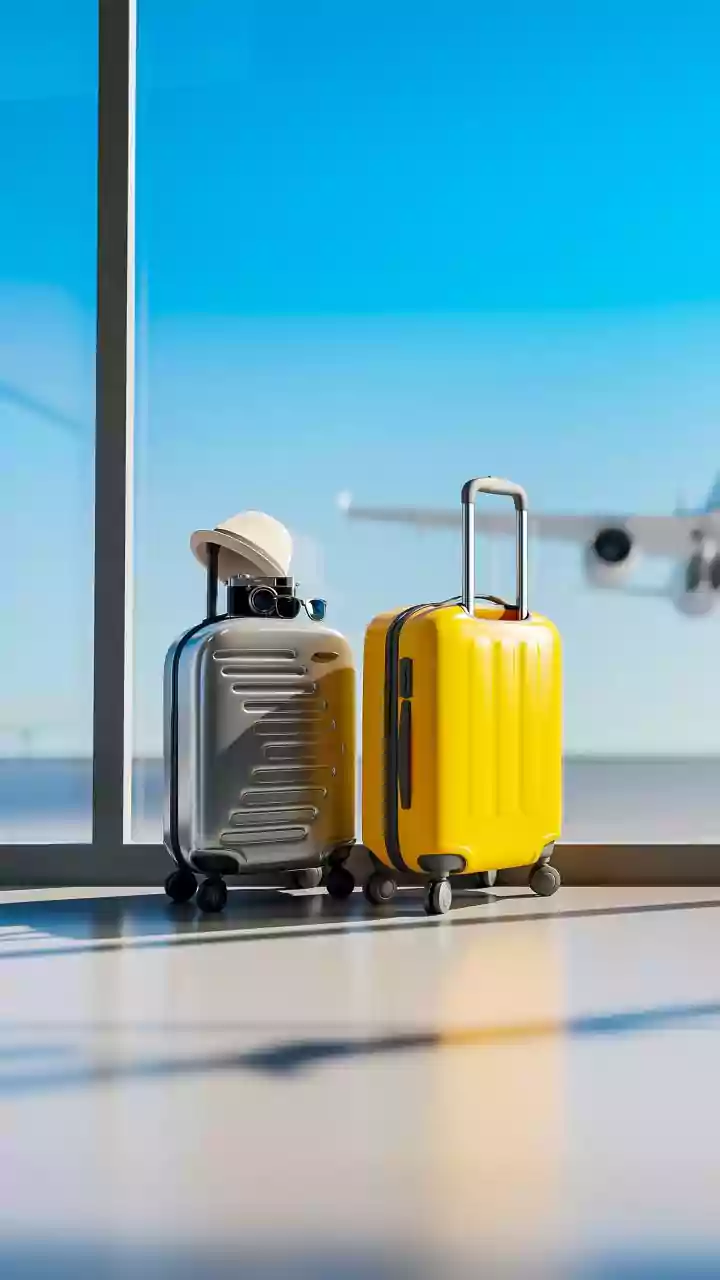What is the story about?
US President Donald Trump has reportedly halted the deportation of South Korean workers who were held in Georgia's Hyundai-LG factory during a raid by ICE officials last week.
According to a report by the Financial Times, Trump has ordered the workers to stay back and train Americans. The report quoted South Korean officials as saying so.
As of yesterday (Wednesday), the US had reportedly sent off South Korean workers via a charter plane. However, Seoul said that the plane was delayed by Trump asking whether the workers should remain stateside.
Trump told US officials to "encourage" the workers arrested at the battery plant to remain in the country, according to a South Korean foreign ministry official, adding that Trump suggested they stay to continue to train or educate Americans.
South Korean Foreign Minister Cho Hyun, who was in Washington to discuss the issue with US Secretary of State Marco Rubio, responded by suggesting the Koreans fly home to recover and then return if they want, the official said.
Over 300 South Korean workers were detained during an ICE raid at a battery factory under construction at Hyundai’s sprawling auto plant in Georgia.
Steven Schrank, a Homeland Security Investigations special agent in Atlanta, said that the recent raids were part of a “criminal investigation into allegations of unlawful employment practices and serious federal crimes” at the Hyundai Motor-LG Energy Solution joint venture plant in the town of Ellabell.
Meanwhile, South Korean President Lee Jae Myung on Thursday said that companies based in the country will be hesitant to invest and operate in the US in the absence of a proper visa system for its workers. He added that the workers would be brought into the country via a charter plane on Friday.
South Korean and US officials are discussing a possible improvement to the US visa system, Lee said, adding that under the current system, South Korean companies “can’t help but hesitate a lot” about making direct investments in the US.
Addressing a press conference on his 100th day in office, Lee blamed the raid on “cultural differences”, saying that in South Korea, American nationals teaching English while on a tourist visa was not seen as “a serious issue”.
After the detentions, South Korean companies “can’t help but question whether setting up a plant in the US is worth the potential risks,” the president said.
“This could have a significant impact on future investment decisions, particularly when evaluating the feasibility of direct operations in the US,” he added.
With inputs from agencies
According to a report by the Financial Times, Trump has ordered the workers to stay back and train Americans. The report quoted South Korean officials as saying so.
As of yesterday (Wednesday), the US had reportedly sent off South Korean workers via a charter plane. However, Seoul said that the plane was delayed by Trump asking whether the workers should remain stateside.
Trump told US officials to "encourage" the workers arrested at the battery plant to remain in the country, according to a South Korean foreign ministry official, adding that Trump suggested they stay to continue to train or educate Americans.
South Korean Foreign Minister Cho Hyun, who was in Washington to discuss the issue with US Secretary of State Marco Rubio, responded by suggesting the Koreans fly home to recover and then return if they want, the official said.
Over 300 South Korean workers were detained during an ICE raid at a battery factory under construction at Hyundai’s sprawling auto plant in Georgia.
Steven Schrank, a Homeland Security Investigations special agent in Atlanta, said that the recent raids were part of a “criminal investigation into allegations of unlawful employment practices and serious federal crimes” at the Hyundai Motor-LG Energy Solution joint venture plant in the town of Ellabell.
Meanwhile, South Korean President Lee Jae Myung on Thursday said that companies based in the country will be hesitant to invest and operate in the US in the absence of a proper visa system for its workers. He added that the workers would be brought into the country via a charter plane on Friday.
South Korean and US officials are discussing a possible improvement to the US visa system, Lee said, adding that under the current system, South Korean companies “can’t help but hesitate a lot” about making direct investments in the US.
Addressing a press conference on his 100th day in office, Lee blamed the raid on “cultural differences”, saying that in South Korea, American nationals teaching English while on a tourist visa was not seen as “a serious issue”.
After the detentions, South Korean companies “can’t help but question whether setting up a plant in the US is worth the potential risks,” the president said.
“This could have a significant impact on future investment decisions, particularly when evaluating the feasibility of direct operations in the US,” he added.
With inputs from agencies























